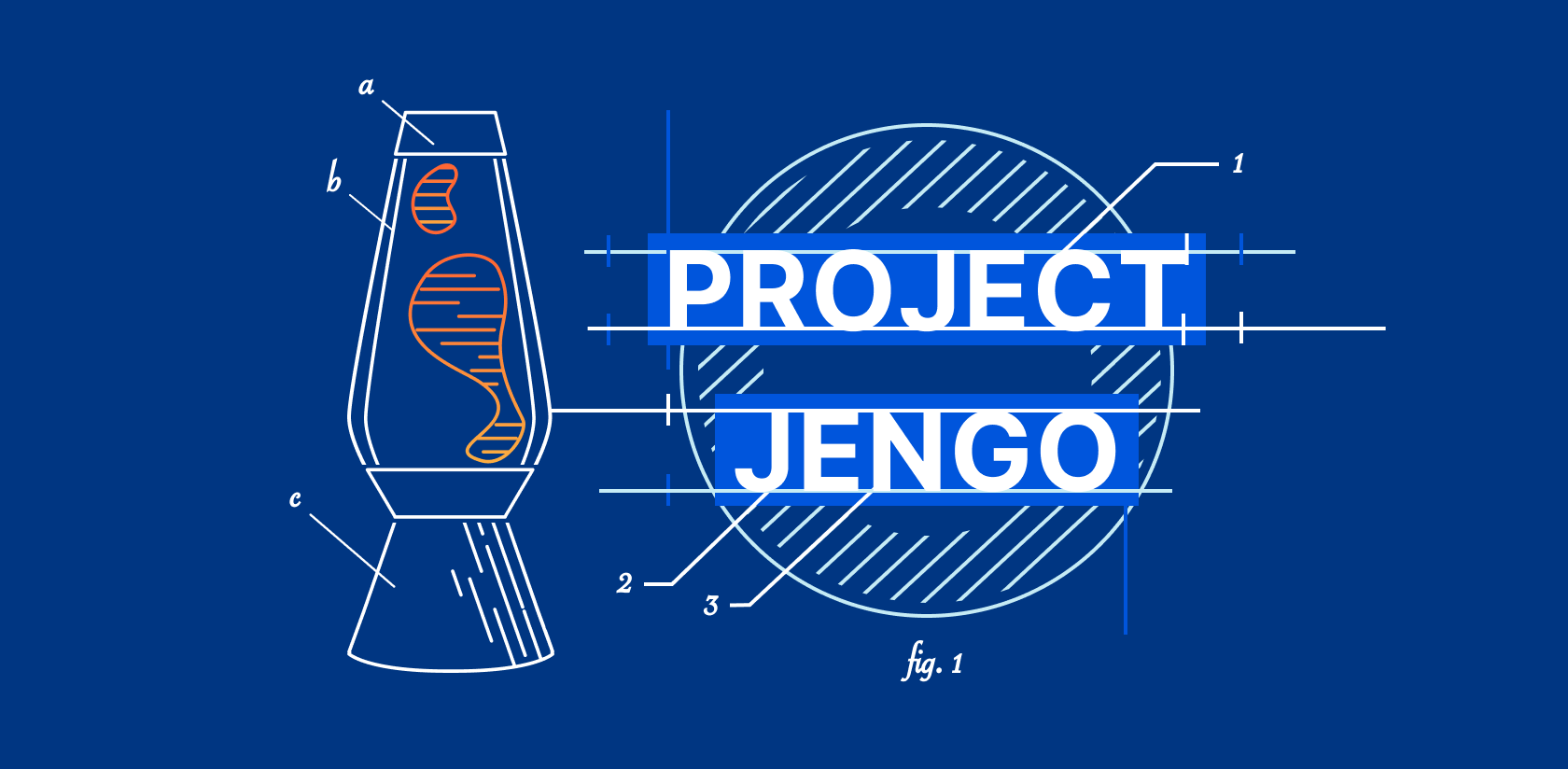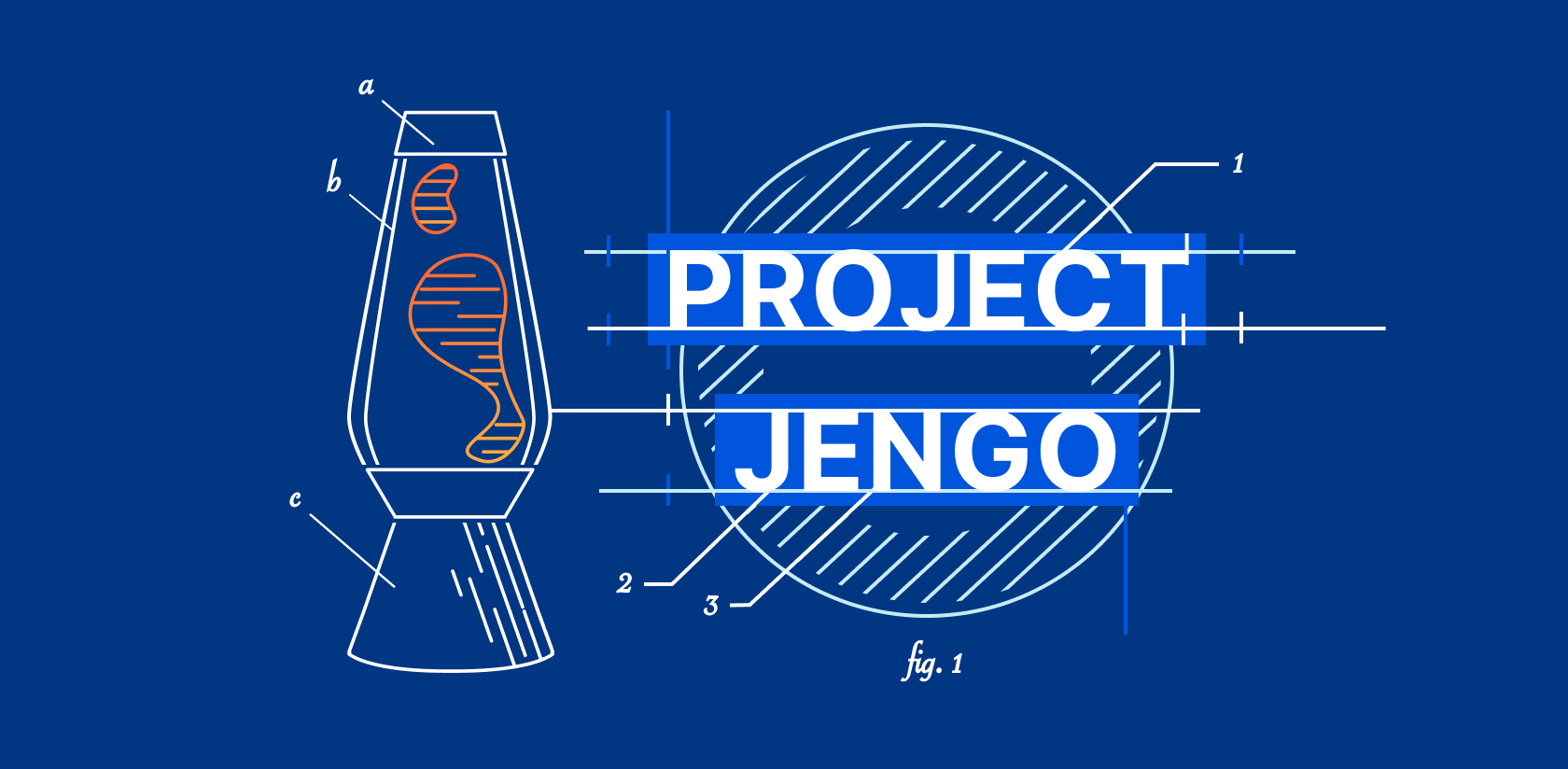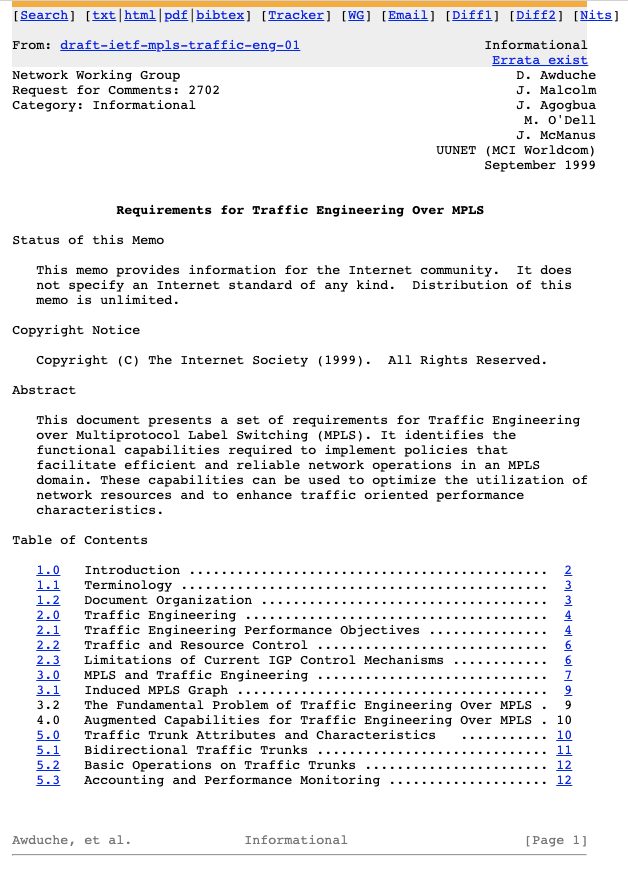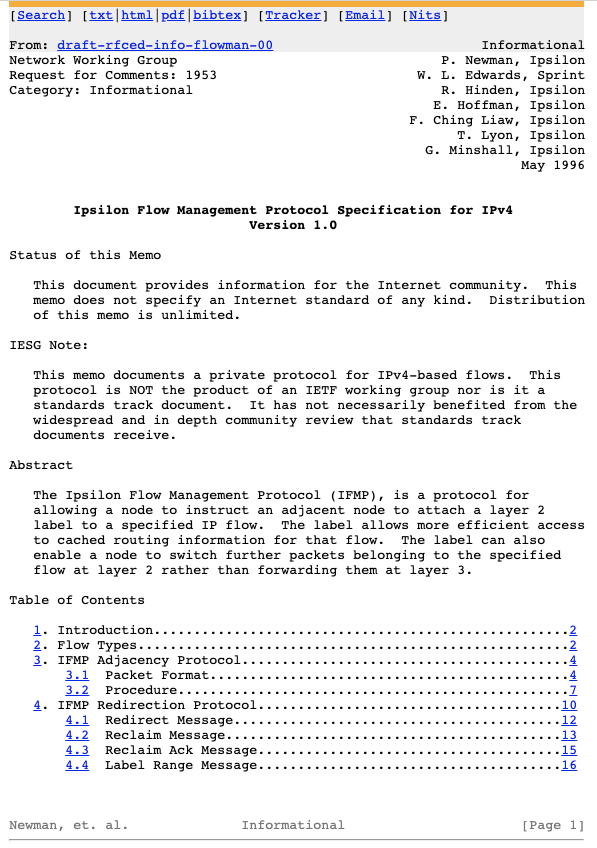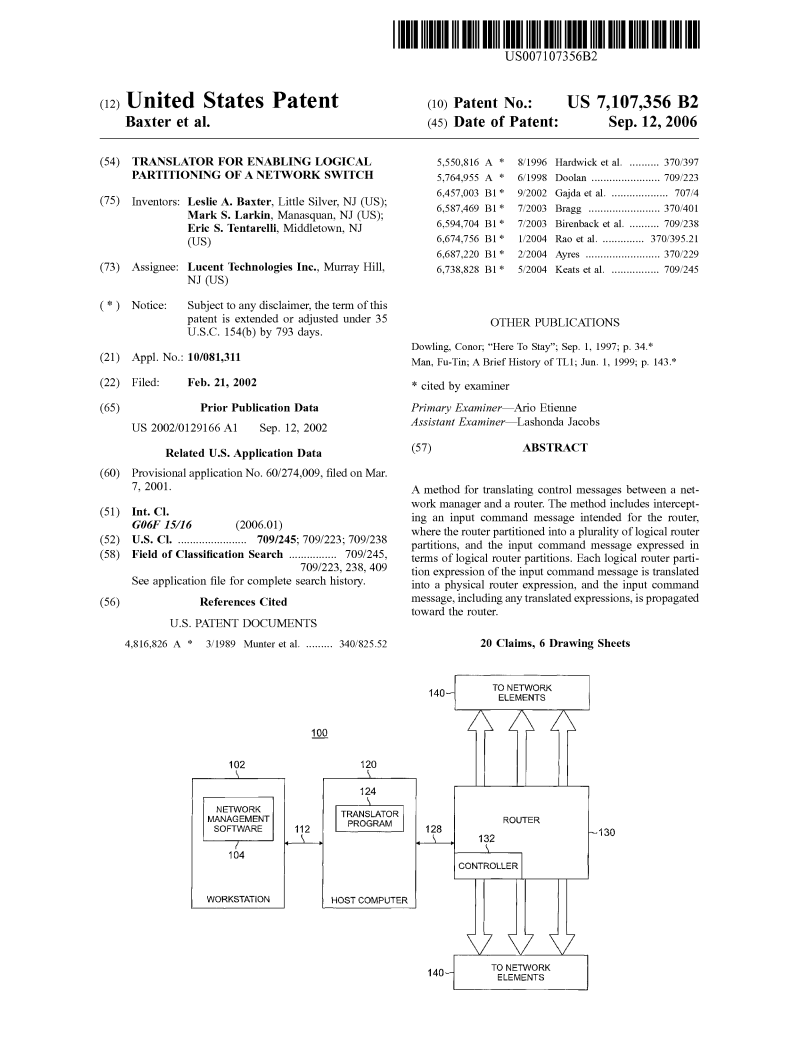Post Syndicated from Ethan Park original https://blog.cloudflare.com/three-new-winners-of-project-jengo-and-more-defeats-for-the-patent-troll/


Project Jengo is a Cloudflare effort to fight back against patent trolls by flipping the incentive structure that has encouraged the growth of patent trolls who extract settlements out of companies using frivolous lawsuits. We do this by asking the public to identify prior art that can invalidate any of the patents that a troll holds – not just the ones that are asserted against Cloudflare.
Since we launched Project Jengo over five years ago, we’ve given out over $135,000 to individuals who helped us find prior art to invalidate patents owned by patent trolls. By invalidating those patents – many of which are so blatantly marginal or broad that they never should have been granted in the first place – we hope to decrease the amount of harassment and frivolous lawsuits that patent trolls bring against innovative technology companies.
Today, we’re excited to announce three new Project Jengo winners. These individuals have helped us push forward our effort to take down patent trolls, and continue to fight trolling in favor of innovation.
The patent troll
The current case involves a patent troll called Sable Networks who asserted four patents that generally describe a flow-based router or a mechanism for identifying and penalizing misbehaving flows against Cloudflare. We’ve implemented Project Jengo against Sable on those four patents and their six other patents, which they haven’t asserted against Cloudflare. Today’s recipients have helped us in that fight.
And we continue to fight Sable Networks before the Court and the U.S. Patent Office as well. We have a major case update in that regard as the U.S. Patent Office agreed that most of the claims from Sable’s ’593 patent should have never been issued in the first place, which means Sable is down to two patents in their lawsuit against Cloudflare. More on that later, but first, here are the three winners from Chapters 4, 5, and 6 of Project Jengo!
Chris Wheeler from Georgia, who has a patent of his own
We are excited to announce Chris Wheeler as the winner of the 4th chapter of Project Jengo! Chris is the CTO and a co-founder of a software startup in Macon, Georgia called Tier2 Technologies, and he is now $5,000 richer!
When we asked where he had heard about Project Jengo, Chris told us:
“I heard about Project Jengo from one of your blog posts. I often read your blog on my phone from my children’s bedroom at night while I’m waiting for them to fall asleep. I’m a huge fan of Cloudflare and use your services myself extensively.”
As for why he submitted, Chris holds a patent, and submitted to Project Jengo in part because he was “drawn to the idea of helping protect the integrity of the patent system.”
Chris submitted a paper titled “A Framework for Alternate Queueing: Towards Traffic Management by PC-UNIX Based Routers” as prior art to Sable’s ’932 patent. This paper was published in 1998. On the other hand, Sable’s ’932 patent was filed in 2002 and is alleged to cover routers utilizing aggregate flow blocks that include tunnel-specific information for selected network paths. The aggregate flow blocks are also alleged to store statistics pertaining to the selected network paths. This paper, published nearly four years prior to the filing of the ’932 patent, describes a PC-UNIX based router that implements a FreeBSD Alternate Queueing (ALTQ) driver with traffic management functionalities to select network paths. ALTQ traffic management uses queueing disciplines based on stored statistical analysis of selected paths for network traffic, and this is a great prior art reference to the ’932 patent.
His breakdown of his submission is interesting too:
“When I saw the claims in 6,977,932 I immediately thought ‘They are just describing QoS in a weird convoluted way’ and I knew QoS had existed long before the patent date of 2002. I have used the ALTQ packet scheduler in pfSense a lot in the past throughout my career, and that was the first thing that came to my mind. I did a quick Google search for ‘ALTQ’ and found the oldest reference I could find, which was from 1998.”
We appreciate his efforts, as he managed to find useful prior art from four years before the patent in question. Thank you, Chris!
Peter’s first foray into patent law makes him $5,000 richer!
Additionally, we are awarding $5,000 to Peter S. for finding us a valuable thesis paper! This is Peter’s first foray into patent law, and we are so thankful for his time and effort.
The thesis of Rena Whei-Ming Yang found by Peter describes the solution of the ʼ593 patent almost five years before Sable even filed for the patent! The ʼ593 patent is the Sable patent concerning the detection of “bad” flows. Yang—years before Sable—developed the same thing: “This thesis studies a means of using such mechanisms to identify nonadaptive network flows, and proposes a protocol to push this information, along with penalization responsibility, towards the flows’ sources.” What Sable calls “bad,” Yang labels “nonadaptive.” The important thing is that Yang’s work predates the ’593 patent’s alleged new solutions by years, making it a great find. Thank you, Peter!
David who hopes the Patent Office will adopt new technologies for better examinations
Finally, we are excited to announce the winner from the 6th Chapter of Project Jengo, and that is David H. who is receiving a $5,000 prize! David’s background is in accounting/finance, but became interested in patents and IP back in 2010. He heard about Project Jengo through a LinkedIn post and thought it was an excellent idea, so he put his search skills to task.
David identified U.S. Patent No. 6,859,438 for us, which is a patent entitled “Policy Based Quality of Service.” This ’438 patent discloses the same “quality of service” (or QoS) technology claimed in Sable’s ’431 patent, with one important difference: the disclosure of the ’438 patent dates back to an application filed on February 3, 1998, but the disclosure in the ’431 patent wasn’t filed until (at the earliest), April 19, 2000. So the technology explained in the ’438 patent—a flexible, policy-based, mechanism for managing, monitoring, and prioritizing traffic within a network and allocating bandwidth to achieve true QoS—beat Sable to the punch on the “new” switching technology claimed in the ’431 patent that purports to provide a previously “unavailable” degree of quality of service, by more than two years! Excellent find, David!
He also shared his thoughts on the current state of the U.S. patent system:
“The US Patent Office continues to issue patents that are likely invalid on a number of grounds with a large proportion to big tech. The USPTO has a nice fee generating business, being able to get paid issuing patents and subsequently canceling them in post grant proceedings. I am hopeful the USPTO adopts new technology to aid examiners in their prosecution efforts.”
Thank you, David!
* * *
Congratulations and our deep gratitude to all three winners from Chapters 4-6 of Project Jengo. Remember, we have committed \$100,000 to this prior art search, and we still have $50,000 to give out! The search is still ongoing, so please help us beat the patent troll by submitting prior art references here. The submission deadline for Chapter 7 is January 31, 2023, so don’t delay your search!
Case updates: Another patent thrown out of the case, and the few remaining claims further whittled down
When Sable sued us almost two years ago in March 2021, they accused us of infringing four different patents, which included a total of 134 claims. We previously shared how we successfully killed off one of the four patents, known as the ’932 patent.
Today, we have more great news to share. The U.S. Patent Office agreed with us that all the claims from the ’593 patent that Sable asserted against us are invalid. This means we were able to get yet another patent – the ’593 patent – dropped out of Sable’s case against us.
A single U.S. patent usually has somewhere around 10 to 20 claims (here’s a Wiki page explaining what a “claim” is in patents), but Sable’s ’593 patent included a whopping number of claims – 44 to be exact. As we previously shared back in January 2022, the Patent Office ruled that we would likely be successful in invalidating all 44 claims of the ’593 patent and instituted a trial proceeding known as inter partes review (IPR). Since then, Sable voluntarily canceled 17 of the claims – presumably because they themselves knew those claims were invalid. Of the remaining 27 claims, the Patent Office determined that 23 claims were invalid. Because none of the four surviving claims – which escaped invalidation only by virtue of a procedural technicality – are part of Sable’s case against us, the ’593 patent is no longer asserted against us. And given the record we have established before the Patent Office, we don’t think Sable will try asserting those four surviving claims from the ’593 patent against any of our peer companies. But even if Sable does, they should be able to leverage what we’ve done and kill off the patent completely.
Our victory was covered by multiple legal news outlets such as Bloomberg Law and Law360 (unfortunately, subscription required). A special shoutout to our attorney Jim Day of Farella Braun + Martel, who fought hard to get rid of these toxic claims that should have never been issued! With two patents completely out of the case, there are now only two patents at issue in Sable’s case against us.
We have even more good news to share! In October 2022, the Court found nine claims from one of the two remaining patents – the ’431 patent – to be invalid for failure to meet certain statutory requirements. This means Sable only has 14 claims from two patents in the case. Considering that we started this journey with Sable asserting 131 claims from four patents against us, we are proud of what we have accomplished thus far. We successfully persuaded the Court and the Patent Office to cancel, or forced Sable to voluntarily cancel, almost 90% of those 131 claims. Those victories not only help us in our case against Sable, they will also protect all innovative companies from being accused frivolously of infringing those invalid claims.
Our trial is scheduled for November 2023, but we will have more updates for you before then. Stay tuned, and remember to go look for prior art references to help us in our fight against this patent troll!

